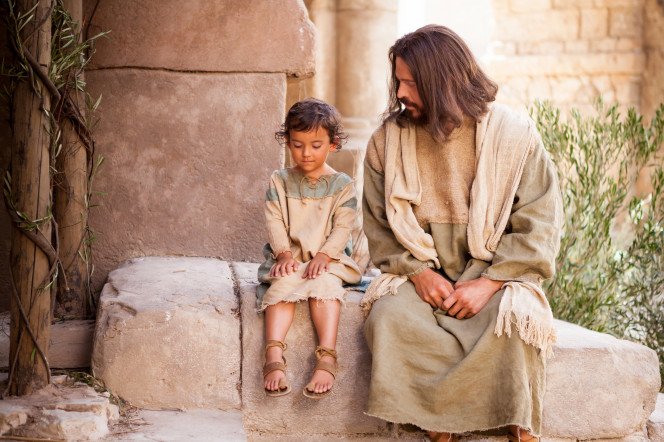Have you ever noticed, on those days where you have just had enough, things always go from bad to worse? Think of those days where you have had a bad day at work, your boss was horrible to you, you have had a fight with your spouse, your friend is being insensitive, the kids’ school …
Have you ever noticed, on those days where you have just had enough, things always go from bad to worse? Think of those days where you have had a bad day at work, your boss was horrible to you, you have had a fight with your spouse, your friend is being insensitive, the kids’ school is being uncooperative, and then you take your children home and the last thing you need is a child acting out… but before you know it, your child is disobeying you, won’t listen and is just making everything worse!!!
There are likely to be a number of reasons to explain your child’s bad behaviour, but it’s probably not that your child wants to make your life miserable. It’s ironic how we expect our children from birth to do the right thing, to stop crying, to listen and to be good. Sometimes I have seen parents telling a six month old to “shhhhhhhhhh be quite!!!!!!.” It’s as if they forgot a six month old cannot speak and does not understand the social meaning of Shhhhhhh….but then we think they are not smart enough to know when we are sad or unhappy, and we just expect them to always be happy. Unfortunately, we have this the wrong way around.
Children are highly sensitive to their environments and are very sensitive to changes too. Things like parents working long hours and not connecting with their child enough, or a parent having to go away for work or personal reasons for an extended period of time, or parents being anxious due to difficult circumstances, parents being angry or upset and simply being emotionally unavailable for their child/ren etc… This will most likely result in your child feeling something is wrong. This can result in children becoming heightened and feeling something is not right. The consequence can be that they will communicate their feelings of being unsettled and unsure, through their behaviour. Their communication through behaviour can present in a number of ways including, anger, aggression, violence, lack of cooperation, maybe difficulties in sleeping or other concerning behaviours can start to be expressed.
We need to try to see our children through a lens of innocence, not a lens of intentional misbehaviour because they are simply not wired that way. They are wired as social beings to seek connection. If for any reason they are unable to achieve this through a positive connection they can seek it out through negative connection which is not pleasant but achieves the purpose of connecting with you. So when you have had a bad day, try to find a few moments to calm down, take a deep breath, read something, do some meditation, speak to a friend or do something that will help you to relax and reduce your anxiety. This will support your child to feel more settled. Make sure you connect with your child and try to explain what is going in a
developmentally appropriate way. This way, the child’s uncertainty is turned to certainty, and they are receiving the connection they need from you to increase cooperation, rather than increase lack of cooperation.
If you see your child misbehaving, and you notice you are not travelling well yourself and think it could be connected try something like, “Jeremy, daddy is not feeling well today and daddy is a bit sad, but I am so happy to be with you and I am sorry if you feel sad too, maybe we can do something fun together which can make us both happy…” OR “Mary, mummy is feeling a bit sad and needs to rest for a bit, can I please rest for a bit until I feel better, and then I will come and spend time with you?”
This way you are acknowledging your emotions and the child’s emotions, you have said the truth, you are trying to teach your child appropriate ways to deal with emotions, but you are also sending a message to your child that sometimes, we are sad, and that is okay, but we need to learn to deal with our emotions appropriately. These are very important lessons to teach our children.
Remember it’s not about the perfect parenting style, it’s about doing your best and acknowledging when you get it wrong. Rupture in a relationship is not a problem as long as you repair. Rupture without repair is very problematic and can cause some major problems in children’s emotional wellbeing. So as long as you repair this is a very strong and helpful thing for your child. In fact, some research indicates it’s better to rupture and repair than never to rupture at all!
So in summary:
- Be kind to yourself
- Children are highly sensitive to their environment and especially their parents
- Be mindful of your emotions and mood as they will set off your child’s emotional state and children can act out
- Connect with your children and allow them to know what is going on
- Support children to understand how to manage difficult emotions through the way you manage your emotions
- Rupture and repair strengthens the emotional attachment between children and parents even more than if there is no rupture at all
Join Us: Sign Up Today!
Tags:












